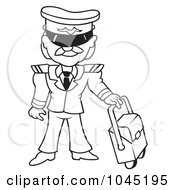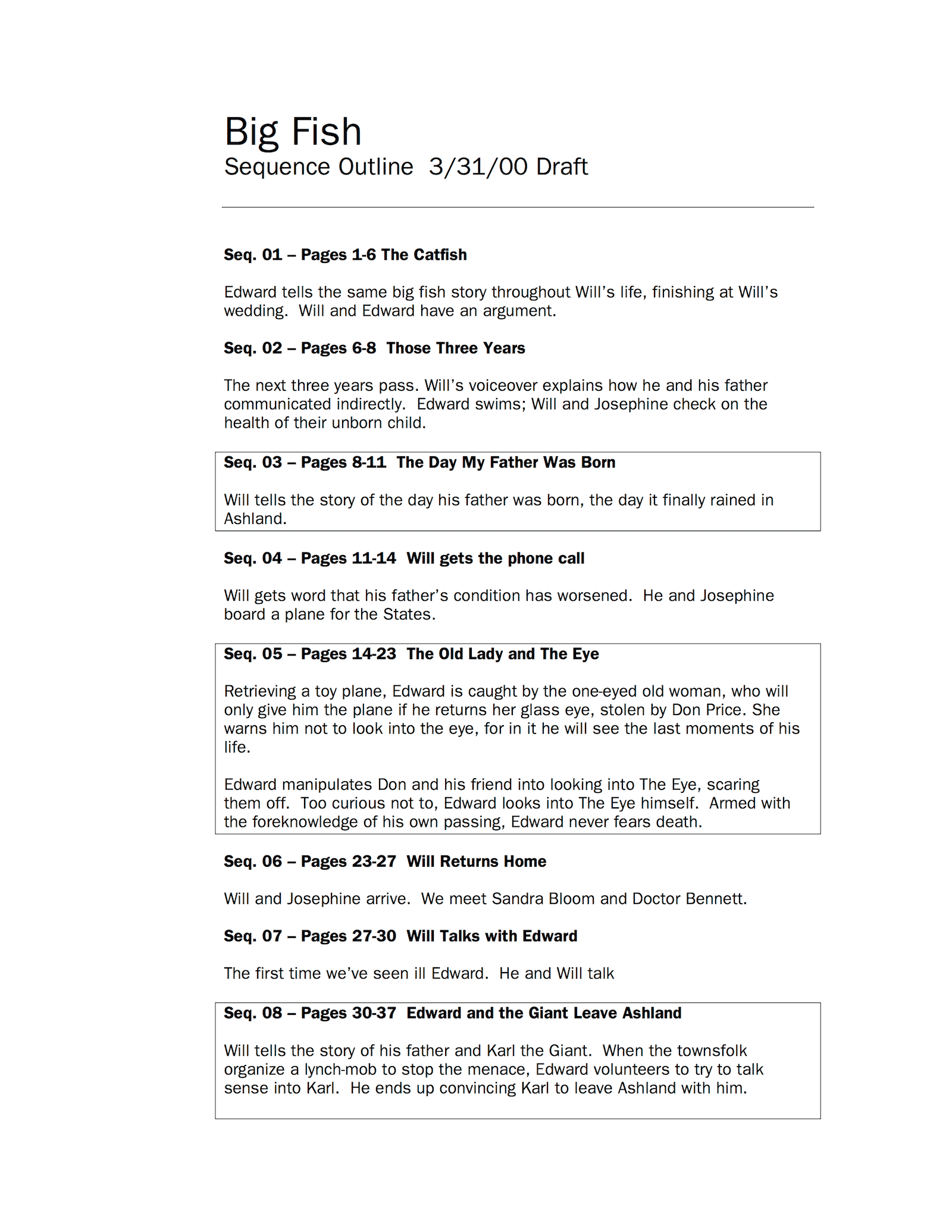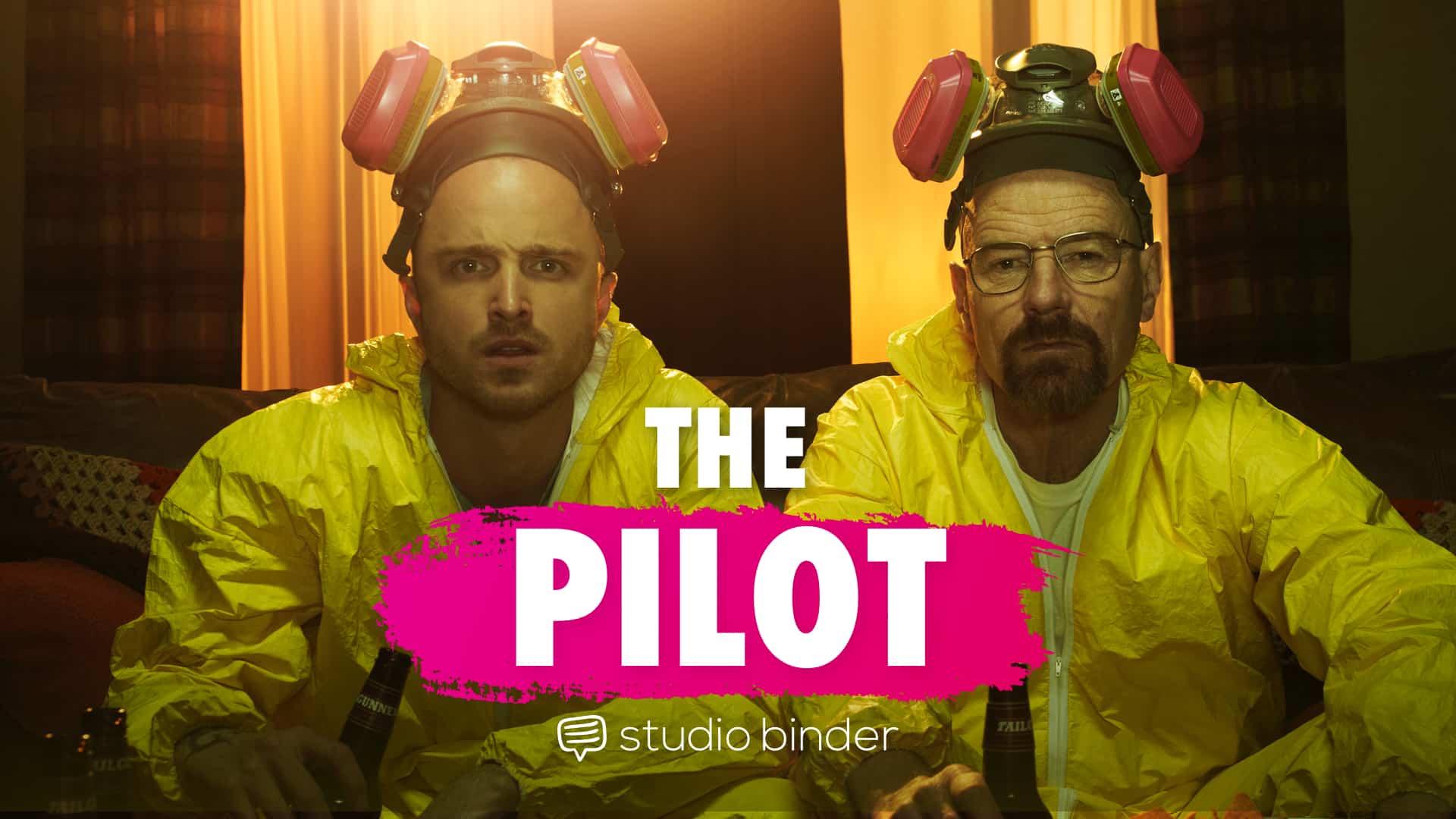
And you don’t need to be a film scholar or the son of a rich producer. I encourage you to absorb as much of them as possible.īottom line, to be a script reader at any experience level, you don’t necessarily need a college degree or film school diploma, (although it helps immensely).
Tv pilot outline examples free#
There are plenty of awesome, free tutorials, courses, websites, and other resources out there that can get you up to speed relatively quickly. If you’re completely new to the screenwriting field, this might be more of an uphill climb for you, but don’t be discouraged. But the good news is, if you already have a background in screenwriting, you’ve already got a head start. There is some training required to be a script reader and write coverage, absolutely. Required Training to Write Script Coverage
Tv pilot outline examples full#
If you’re new to script reading and screenwriting and are looking for the quick, bare-bones essentials to get you started, let this article whet your appetite for learning, and taking your first steps towards a fun, rewarding, and flexible side job, or even full time career. What’s more, the script reader, whether reading at an online script coverage company, or a small production company, a huge studio, a tiny literary agency, or a mega talent agency, provides an extremely vital service to the motion picture industry by acting as a “first filter” on all movies that get made. With the amount of cable channels popping up, and the amount of streaming outlets for filmed entertainment growing on a daily basis, the need for original material has never been greater, so the need for script readers continues to increase. Instead of reading a 120-page screenplay, they can instead read a 3-4 page script coverage, spending 5 minutes instead of 2 hours to determine whether a screenplay is worth pursuing - either to buy, option, produce, or attach talent to. Script coverage is the essential document that busy producers, name actors, directors, and studio execs all read instead of reading the actual script. Whether that script reader is at a small production company or a major studio, the service she provides is essentially the same: Reading screenplays and teleplays (and sometimes novels) and writing script coverage.

There just aren’t enough hours in the day. And without reading the material submitted to them, they can’t determine which ones are marketable, artistically credible, and/or simply worth pursuing.


Without script readers, filmmakers, studios, small production companies, actors, agents, directors, and producers couldn’t possibly read all the spec scripts and other material submitted to them. Coverage of a screenplay is typically written by what are called script readers. Script coverage is a “book report” on a screenplay, typically 3-4 pages in length and consists of three parts: (a) the basic information about the script (author, genre, page count, logline, etc.), (b) a brief synopsis of the film, and (c) a comments / feedback section, containing a script reader’s comments on the screenplay’s strengths and weaknesses.


 0 kommentar(er)
0 kommentar(er)
